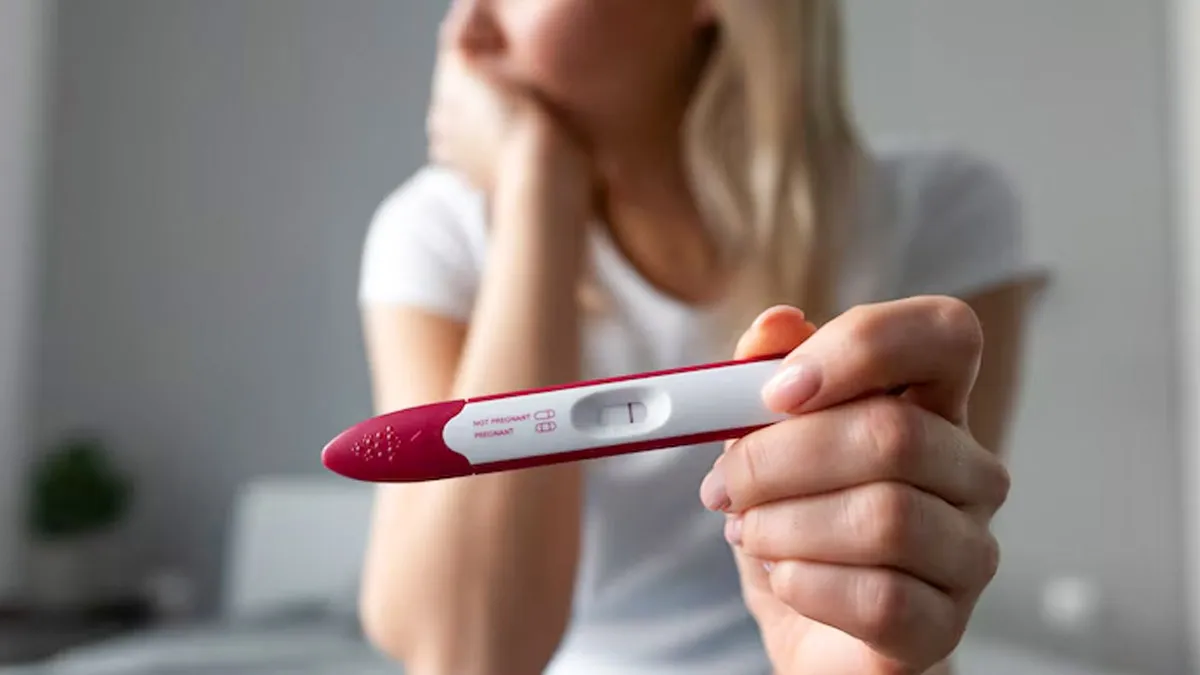
Good nutrition is key to overall health, and that also includes reproductive health. Currently, many people unknowingly suffer from nutritional deficiencies that can affect their ability to conceive. Hence, balanced nutrition is often underestimated in fertility care. Fertility is not just about reproductive organs; it’s a reflection of how well the entire body is functioning, and nutrition plays a major role in that. One has to pay extra attention when it comes to nutrition. Read on to learn how nutritional deficiencies impact natural conception.
Here are five ways in which nutritional deficiencies can impact natural conception:

Many couples with no major medical issues struggle to conceive, only to find that the root cause is something as basic as a nutritional deficiency. For example, low vitamin D or iron levels can silently interfere with hormonal function, menstrual cycles, and egg quality, reducing the chances of natural conception. So, poor eating habits, processed foods, and crash diets deprive the body of these vital nutrients. Especially in urban populations, where both partners are working and often skip meals or rely on convenience food, these deficiencies are becoming increasingly common.
Don't Miss: Vitamin D During Pregnancy: Benefits, Risks, And Natural Sources, As Explained By Doctor

Here is a list of expert-backed tips to naturally support fertility:
Don't Miss: Geriatric Pregnancy: What Is It, Risks, Chances When Planning A Baby At 40
Remember, addressing nutritional gaps through proper diet and supplementation can improve the chances of natural conception. It is a good idea to adopt mindful eating practices that will also aid conception.
Image Credits: Freepik
(This article is authored by Dr Bushra Khan, Fertility Specialist, Nova IVF Fertility, Kharadi, Pune.)
If you liked this story, then please share it. To read more such stories, stay connected to HerZindagi
Also watch this video
Herzindagi video
Our aim is to provide accurate, safe and expert verified information through our articles and social media handles. The remedies, advice and tips mentioned here are for general information only. Please consult your expert before trying any kind of health, beauty, life hacks or astrology related tips. For any feedback or complaint, contact us at [email protected].